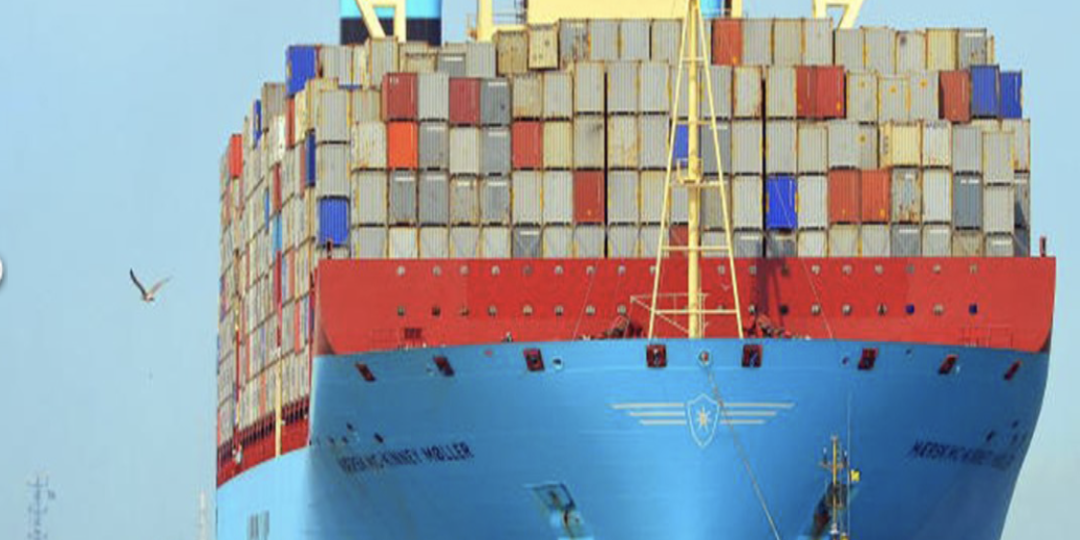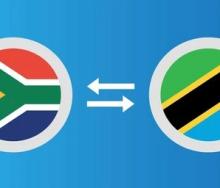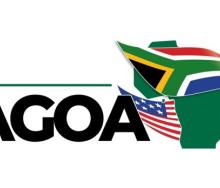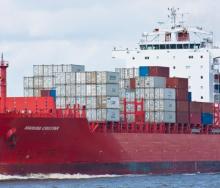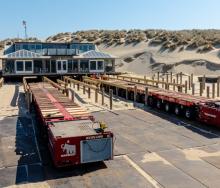Sailing and schedule stability at a time of liner collaboration realignment has been identified as the trump card – pun unequivocally intended – for Ocean Alliance, the only vessel-sharing group that won’t be reconfiguring this year.
Consisting of CMA CGM, OOCL, Cosco and Evergreen, Ocean Alliance’s vessel-sharing competitors 2M and The Alliance are heading into choppy seas.
MSC may disagree as it believes the dissolution of its 2M partnership at the end of January with Maersk is overdue in light of the Swiss carrier’s enviable fleet expansion, heralding the kind of post-Covid growth that saw it overtake its Danish partner’s long-held status as global line leader by virtue of box capacity.
Maersk, in turn, has announced that it will form a new alliance, the Gemini Cooperation, with Hapag-Lloyd, whose departure from The Alliance will no doubt have an impact on the vessel-sharing assurances offered to shippers by fellow members, ONE, Yang Ming and HMM.
Given the disruptive effect realignment is expected to cause, Ocean Alliance has been marketing its services as offering stability at a time of uncertainty and predicted scheduling deviations.
While confirming that current rotations remain in place, including sailings through the high-risk Suez Canal, as well as safer alternatives around South Africa, it has introduced three new ex-Asia services.
Two will connect with the US and another with Europe.
The fact that Ocean Alliance members have been at the vanguard of sailing through the Suez, despite the threat of Houthi attacks in the Red Sea, is also seen as a sign that its members will probably lead the way in ramping up Suez transits following the Israel-Hamas ceasefire that took effect on Sunday.
This has been confirmed by Destine Ozuygur, head of operations at maritime intelligence platform, eeSea.
Although the ceasefire is not expected to immediately clear the way through the Suez, Ozuygur said carriers like Cosco and CMA CGM were most likely to increase sailings through the waterway as soon as February.
It has also emerged that the Houthi rebels are unlikely to pull back from disrupting maritime traffic around the Bab al-Mandab Strait between the Red Sea and Gulf of Aden.
They have made in the region of $2.1 billion a year by guaranteeing safe passage to some lines since their campaign of attacks on commercial vessels started in November 2023.
Because marine insurance for Suez sailings has skyrocketed, costing about 20 times more before the Houthi attacks started, the liner trade is expected to continue detouring around the Cape of Good Hope.
However, it is anticipated that those willing to recommence east-west passage through the Suez may want to do so sooner rather than later.
That, in tandem with not facing the recalibration of its members, seems to be the strategy behind Ocean Alliance’s attempt to bolster its marketing appeal.
